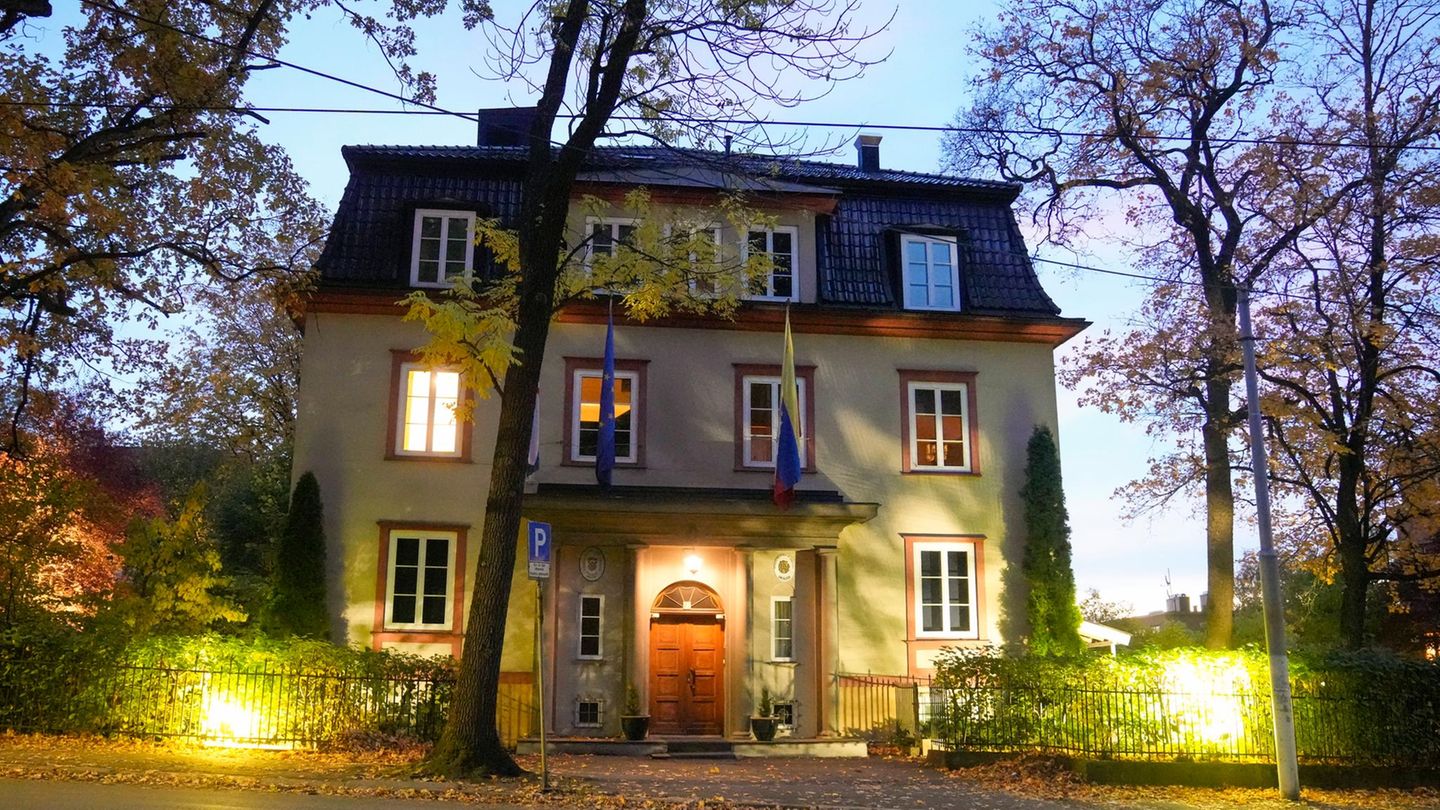The government launched the first Social Impact Bond (BIS) next to the innovation and entrepreneurship laboratory of the Inter-American Development Bank (IDB Lab)which presents a financing mechanism based on payment for results and will be implemented on a pilot basis in the field of dual education.
This Monday the 13th, the IDB Labthe Ministry of Social Development ( You measure), the Ministry of Education and Culture (MEC), the National Institute of Employment and Vocational Training (Inefop) and the United Nations Development Program (UNDP) presented the BIS in the Executive Tower.
As he knew Ambit, a trust fund of $600,000 was established for the implementation of the BIS, which has an implementation period of about four years. The contract was formed by the National Financial Corporation Administrator of Investment Funds SA (Conafin-Afisa), in collaboration with the Office of Planning and Budget (OPP), and under the supervision of Central Bank of Uruguay (BCU).
According to the IDB, BIS are contracts based on measurable results, which incorporate the use of private financing from investors to anticipate the resources required for a provider to implement a social service. This type of bonus implies a collaboration agreement between several parties involved: investors, suppliers, co-paying entities, independent verifiers and intermediaries.
Investors provide the resources necessary to finance the intervention, while social service providers are responsible for its implementation. In turn, the co-paying entities make repayments to investors according to the social results achieved.
In turn, independent verifiers are those who audit the social results achieved, and intermediaries will coordinate between the parties involved.
The confirmed investors are Banco República (BROU), Itau, Santander, ScotiaBankand the ReachingU Foundation. Meanwhile, the co-paying organizations will be the IDB Labthe MEC, the Mides, and the Inefop.
He IDB has experience implementing this bonus in the region, after the BIS launched in Argentina, Brazil, Chili, Colombia (the first in a middle-income country) and Mexico.
The implementation of the BIS in Uruguayan education
The BIS pilot plan will aim to function as a mechanism to increase the completion rate in upper secondary education. Likewise, it is expected to contribute to educational continuity and increased employment, through dual education.
To implement it, we will work together with the educational center Animaa non-profit organization that offers a technological baccalaureate with dual training for those young people who are in a situation of socioeconomic vulnerability.
Source: Ambito




